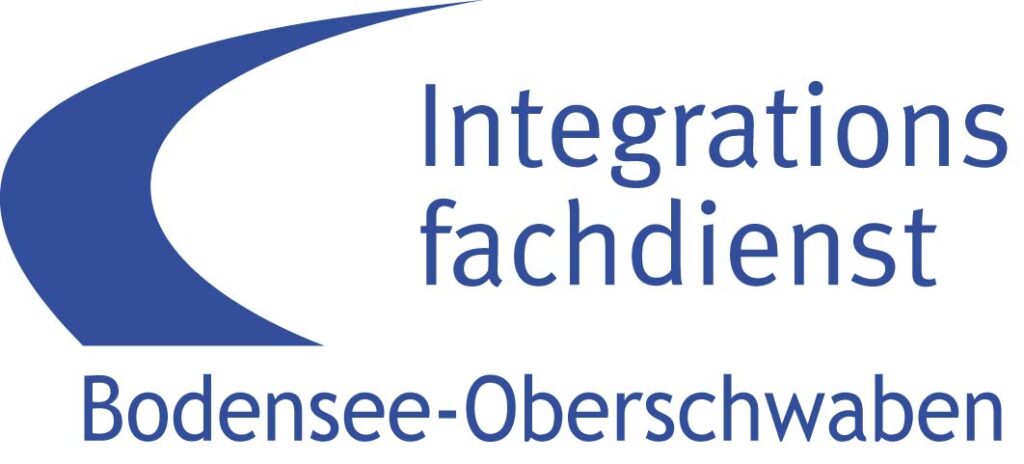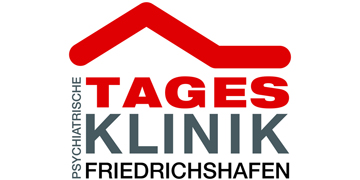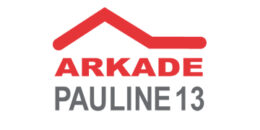Where we come from
Until the 70s and 80s of the last millennium, there was a great grievance in psychiatric care: Mentally ill people were excluded or led a socially marginalised life due to their limitations. The so-called “Psychiatry Inquiry” drew attention to this. It initiated a development aimed at raising the quality of treatment and rehabilitation of mentally ill people to a new level of quality. In the course of this, “aid associations” were founded and given the task of setting up appropriate services in the regions. These were to help those affected to live, live and work according to their possibilities and needs. The aim was that the people would no longer be on the margins but “in” society.
In the region, these were the Arkade e.V., the Pauline 13 and the Sprungbrett association.
At the beginning of the 1990s, these three associations joined forces to form the Arkade-Pauline 13. A little later, the Centre for Psychiatry in Weissenau joined as a fourth sponsor.
In 1994, Arkade-Pauline 13 gGmbH started with the specialist integration service (Integrationsfachdienst – IFD). The following year, the psychiatric day clinic in Friedrichshafen started operating. Since 2015, our most recent business division has been the vocational support services.
As of December 2022, the Arkade-Pauline 13 has a total of 91 employees. Of these, 43 employees work in the vocational support services, a further 26 employees are based in the psychiatric day clinic and 22 employees in the specialist integration service (IFD).

The work of the Integration Service (IFD)
The IFD basically plays a neutral advisory role on the subject of participation in working life. Its task is to advise and support people with disabilities and their employers on all issues relating to the respective employment or training relationship.
Another task of the IFD is to support people with disabilities in preparing for the general labour market. In addition, school leavers, also with disabilities, are supported in their transition to the general labour market. Individual ability, performance and interest profiles are drawn up in preparation for the general labour market. In addition, the aim is to secure long-term employment for people with disabilities and to advise employers who (want to) employ people with disabilities.

The work of the Psychiatric Day Clinic
The Psychiatric Day Clinic treats people who are suffering from a psychiatric disorder. The treatment can be carried out on a part-time inpatient or outpatient basis. People can come when they need more treatment than outpatient therapy can provide. At the same time, these people do not have to be cared for “around the clock” and can spend the evenings and weekends in their familiar home environment.

The work of the Vocational Support Services
We have been advising and accompanying people with intensive support needs in their vocational integration for over 25 years. Our focus is on preparation and placement in work and training. To this end, we advise our participants holistically and in a target group-specific manner. Our team is characterised by a high level of professional competence and accompanies people with (multiple) placement barriers. We offer a wide range of measures for different target groups and with different goals as well as target attainment on the labour market. Our target group mainly includes young adults who are difficult to reach, older people who are able to work, people with disabilities and people with a migration background, some of whom are also traumatised.
In our daily work, we focus on the resources of diversity and special abilities. Our work includes sound knowledge of the necessary support options and individual qualification programmes. We need this in order to achieve a successful and sustainable integration into the general labour market together with our participants.
Over the many years of placing and supporting people with disabilities and/or limitations, we have been able to establish extensive networks in the region. We are connected to all relevant networks and community psychiatric associations in the districts. We are also in good contact with many employers in the area. This enables us to offer our participants the best possible services in the region in various cooperations and constellations.
Why we join BELVEDERE
In our work, we experience again and again how important it has become to keep up with the state of digital development. This affects not only our clients but also us as an institution and our staff. Digital progress is developing at breakneck speed and is finding its way into all areas of life. This poses challenges for many, whether private individuals or companies. Therefore, it is important to be close to the topic of digitalisation and to constantly develop oneself. In order to be able to support our clients in dealing with digital media, it is important for us as professionals to know which tools are available and how they can be used in our work. The better our knowledge of digital tools of all kinds, the better we can use them for ourselves and are also able to explain their use to our staff and clients. Through the work on BELVEDERE we have the possibility to test many different tools, to improve ourselves and to develop an offer for others with which it is possible to get an overview of suitable digital tools that can be used for their work.
In addition, BELVEDERE offers us an intensive exchange with organisations that do similar work to ours beyond the country’s borders. This generates new ideas and suggestions for our own further development. In addition, there is the possibility of networking with each other beyond the project, which can be valuable for everyone involved.
https://arkade-pauline.de/


